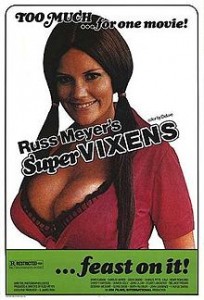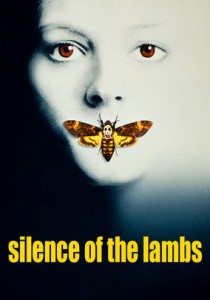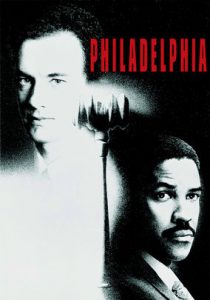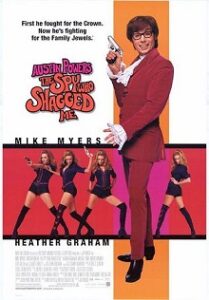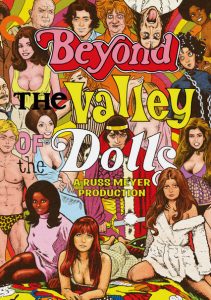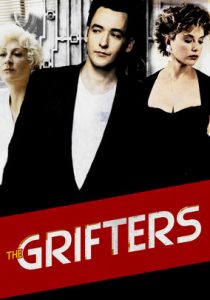Supervixens-1975
Director Russ Meyer
Starring Shari Eubank, Charles Napier
Top 250 Films #62
Scott’s Review #361
Reviewed January 9, 2016
Grade: A
I first watched Supervixens in 2008, and, if I am being sincere, I did not much care for it, or rather, I was very perplexed by it. I did not know what I had just viewed and was caught off guard and blown away- I have since realized that this is part of my love for the film.
Is it a comedy? Is it too over-the-top and shameless? Is it trying to degrade women? Now, a mere eight years later, it lands firmly ensconced on my Top 100 Films list, and it is similar to a fine wine- it just gets better and better with age.
Never before did I think I would fall in love with a sexploitation film, but I have.
Directed by Russ Meyer, noted for his series of 1970s sexploitation films, Supervixens is set somewhere in the desert of eastern California.
Gas station attendant, Clint Ramsey, a handsome young man, is found irresistible to a series of sexy and large-breasted women, all with names beginning with “Super”.
We are introduced to his steady girlfriend, SuperAngel, a bored, horny, feisty woman played by Shari Eubank. Jealous and possessive, she commands Clint to leave his job and come home to her immediately, which leads to hilarity as they spar outside utilizing an ax as they wrestle and fight.
Their nosy neighbor looks on, both tantalized and frightened.
Others who make appearances during Clint’s journeys are SuperLorna, a horny gas station customer (strangely appearing in only one scene, but gracing the film cover packaging), who sets her sights on Clint much to SuperAngel’s chagrin.
SuperCherry is a buxom girl who picks up Clint hitchhiking, SuperSoul, an Austrian farmer’s wife, seduces Clint at the farm, SuperHaji, a bartender at the local watering hole, and finally, SuperEula, who is black, deaf, and with a white father.
Supervixens, as well as some of Russ Meyer’s films, have influenced countless other famous films to come, and I continue to note the overall influence Supervixens has had on Quentin Tarantino, specifically.
With the bloody violence mixed with cartoonish characters, as well as Nazi references (a frequent theme of Tarantino’s) and German marching music, Supervixens has a sly sense of humor- wicked almost, but never apologetic.
Tarantino uses a similarly outrageous style.
Carrie (SuperVixen bloody in the tub), The Shining (Harry breaking down the bathroom door amid a screaming SuperVixen), Friday the 13th- Part 3 (the camera angle at the top of the hayloft panning down on the approaching climber) are just a few film comparisons that I have noticed during repeated viewings.
My love of the film is its outrageousness and I find the film to be empowering to women most of all and not degrading. There is also male nudity and reference to the male anatomy numerous times so it is not a one-sided exploitation film.
Each female is a superhero, of sorts, and despite the sexploitation aspect, the film is quite romantic in spots- the tenderness between Clint and SuperEula is one of my favorites.
I also love the romance between Clint and SuperVixen (a dual role for Eubanks), as she is a reincarnation of SuperAngel. Working side by side at a roadside gas station that she owns, they pump gas and prepare burgers together, while running through the desert in a happy, lovely way.
Of course, their romance is threatened by the sinister Harry, who has returned for revenge.
Hilarious, outrageous, and in-your-face sexual, Supervixens (1975) is a camp classic that is so much more than that. Influential and creative, it simply must be seen to be believed.
I hope it is never forgotten.
